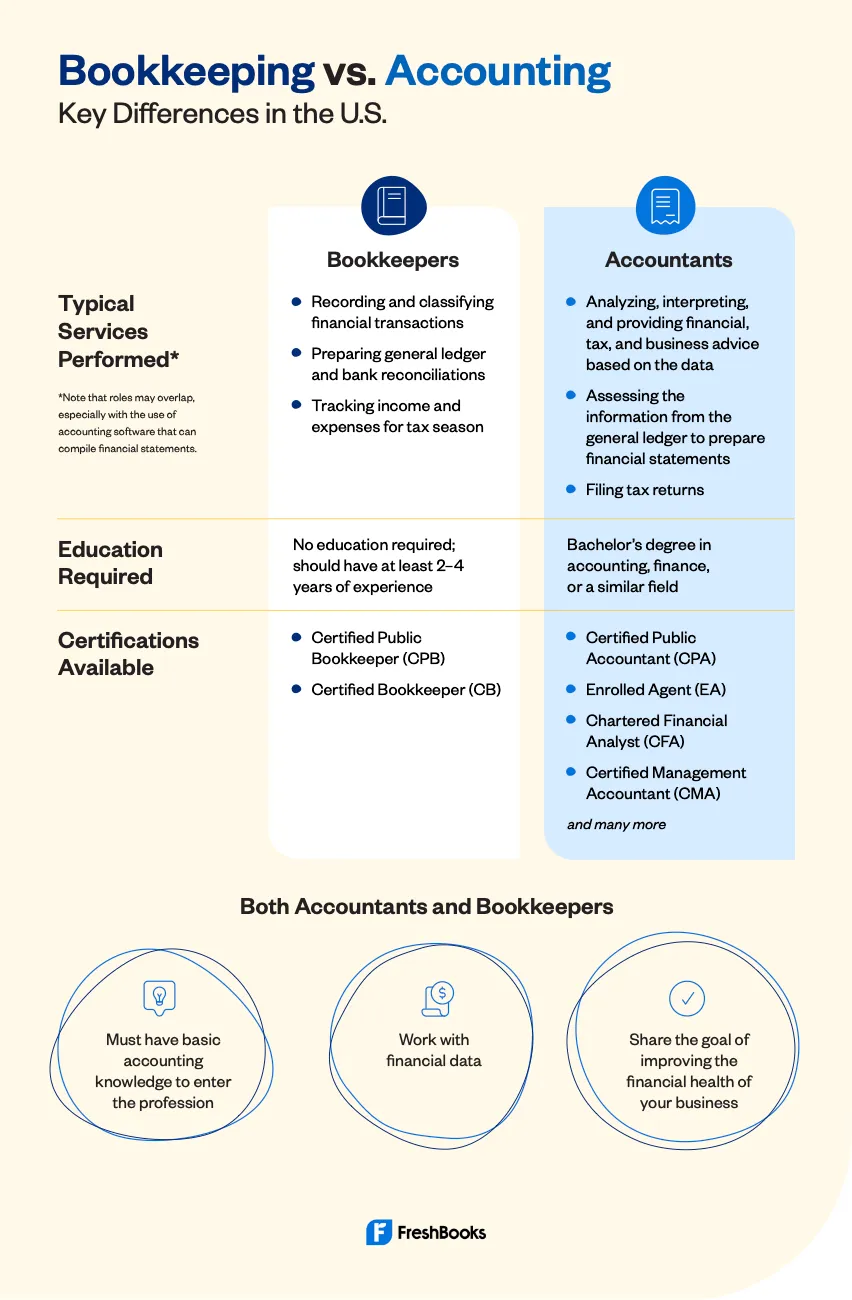
Prepare income statements, balance sheets, cash flow statements, and statements of total recognized profits and losses.Īll in all, bookkeeping is an important task, having a good bookkeeper ensures many benefits like giving you peace of mind knowing your books are up-to-date and helping you make better financial decisions.Īccounting basically deals with the financial health of a business.But they work to make sure the financial data is accurately entered, processed, and submitted. Recording these transactions is also known as posting. A bookkeeper may also generate invoices and/or complete payroll for the company.Ī day in the life of a bookkeeper varies according to the size of the company they work for, along with the types of accounts they manage. One of the most important habits for a new business is recording transactions in your general ledger. It is the process of the daily record-keeping of all a company’s financial transactions.īookkeepers record the sales, expenses, cash, and bank transactions of the business as well as payments in a general ledger. Unsure what bookkeeping is about? For a layman, the process of recording day-to-day financial transactions in a consistent manner is defined as bookkeeping. accounting, including the differences between the two, how they overlap, and how they are evolving. “Bookkeeping is designed to generate data about the activities of an organization, Accounting is designed to turn data into information,” said D’Arcy Becker, chair and professor of accounting at the University of Wisconsin Whitewater Department of Accounting. They turn the records into reportable and presentable data that is used for decision-making and forecasting financially. They typically review every financial statement prepared by a bookkeeper.Īn accountant is needed to take the next step and analyze, review, and interpret financial information for the company. They focus more on accurate record-keeping with less focus on analytics.Īn accountant relies on the information that is being provided by the bookkeeper. Working with a bookkeeper and an accountant often overlaps, as bookkeeping is a part of the accounting process.Ī bookkeeper keeps records of a company’s daily financial transactions such as sales, payroll, payment of bills, etc, and classifies them. But do you need an accountant or a bookkeeper? The terms are sometimes used interchangeably, and there can be some overlap in what they do, but there are some distinct differences.


When the accounting tasks for your small business are too much to handle by yourself, it’s time to hire help.

Indeed, bookkeeping and accounting are often confused with each other because of their interrelations in financial reporting.Īs a small business owner, you need accuracy and up-to-date in your financial data so you can make good business decisions and ensure you have a healthy cash flow.īut as your business grows and you take on more customers, vendors, and employees, keeping track of how much money you have coming in and going out of your business gets complex – and time-consuming. That is because, for most of you, bookkeeping and accounting are the same-well, not entirely wrong. Similarly, you probably don’t know that there’s a distinction between bookkeeping and accounting. Unless you’re a bookkeeper or accountant by profession, you rarely don’t spend time thinking about the two (but hey, no shame if you do).


 0 kommentar(er)
0 kommentar(er)
